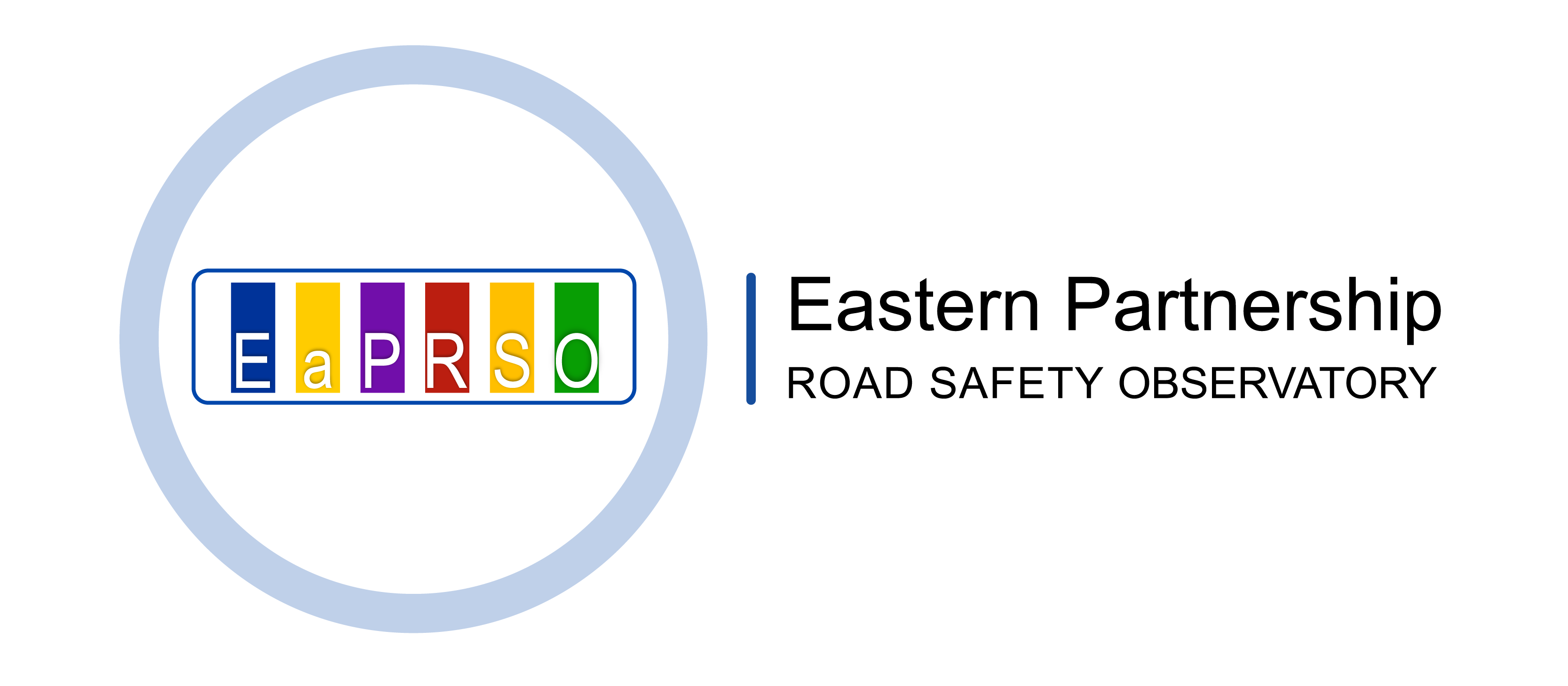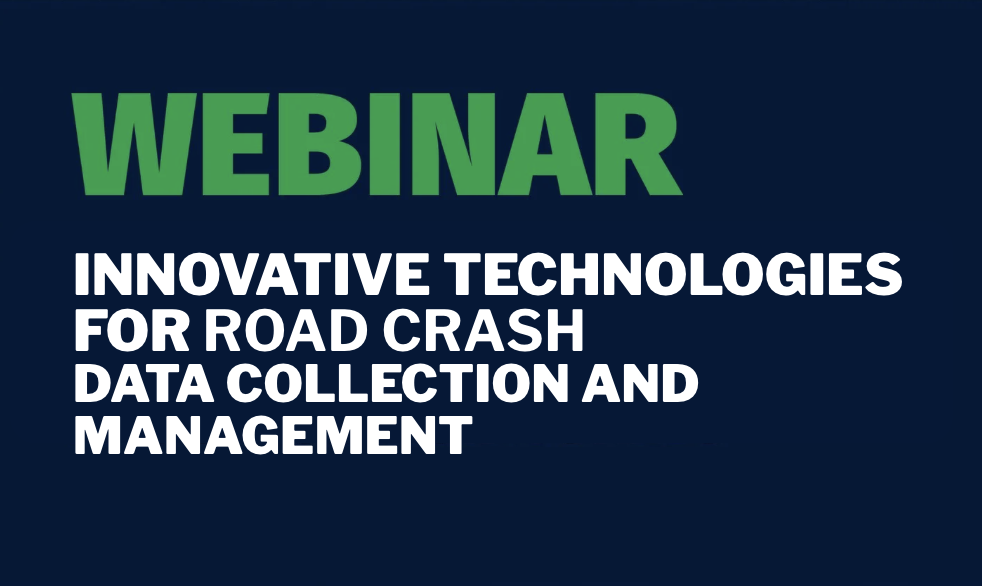
On 14 November 2025, the EaP RSO hosted a comprehensive webinar examining cutting-edge technologies transforming how road crash data is collected, analysed, and managed. The session, attended by approximately 45 participants from across the region, featured Senior Road Safety Consultant Egidijus Skrodenis, who brought over two decades of expertise in road safety and infrastructure management to guide attendees through the latest developments in this critical field.
Quality data underpins every effective road safety intervention, from targeted engineering improvements to legislative initiatives and public awareness campaigns. Egidijus’s presentation traced the evolution from conventional data collection methods to innovative digital solutions that offer unprecedented accuracy and efficiency. These solutions include: Drones (UAVs), 3D laser scanners, Total stations, Event Data Recorders (EDRs) - commonly known as "black boxes", Advanced Driver Assistance Systems (ADAS), and Telematics devices.
He spoke about Geographic Information Systems (GIS) as one way to enable visual identification of crash "blackspots" and allow analysts to overlay different data layers such crash types, road conditions, traffic volumes, time of day, etc. to understand why particular locations are dangerous. Case studies demonstrated how these technologies work in practice, from multi-vehicle highway pile-ups where drones can capture the entire scene before vehicles are moved, to hit-and-run investigations where smart city infrastructure data helps identify suspect vehicles, to disputed traffic signal violations where vehicle and infrastructure data provide conclusive evidence.
Beyond data collection, the webinar also explored how modern technologies are revolutionising data management and analysis. Cloud computing platforms provide the scalable infrastructure needed to store and process huge volumes of data, while artificial intelligence and machine learning algorithms can identify crash patterns, predict high-risk locations, and inform safety policies with increasing precision.
However, as Emma MacLennan from the EaP RSO Technical Secretariat noted during the discussion, while these technologies represent the future of road safety data collection, many countries face legal and practical challenges in implementing them. Even in countries with relatively strong road safety records, accessing basic EDR data often requires court orders on a case-by-case basis. She emphasised that the global community needs to work together to address legal frameworks around data ownership and access to ensure public benefit from these technological advances.
Our next webinar on 5 December 2025 will focus more on such data privacy issues.




